Men’s Olympic Triathlon picks
The 2016 Olympic Triathlon men’s field suffered a big hole when 5-time ITU World Champion and defending silver medalist Javier Gomez broke an elbow a month out. Tactically it simplifies matters for those with a chance at gold, but it gives Britain’s Brownlee brothers slightly better odds in their anticipated battle with Spain’s new wave stars – Mario Mola and Fernando Alarza.
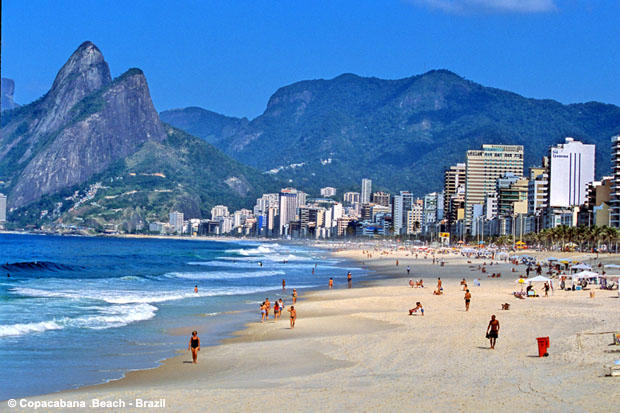
Although no one made a break on the bike at the Rio Olympic Qualifying test event last summer and few suffered crashes, with the amplified stakes of Olympic medals, the narrow, hilly and winding high speed downhills could make super swimmer-bikers able to make and sustain a breakaway. If so, don’t count on the Brownlee brothers getting gapped. And, if there is a small break, never count out the new super runners Mario Mola and Richard Murray.
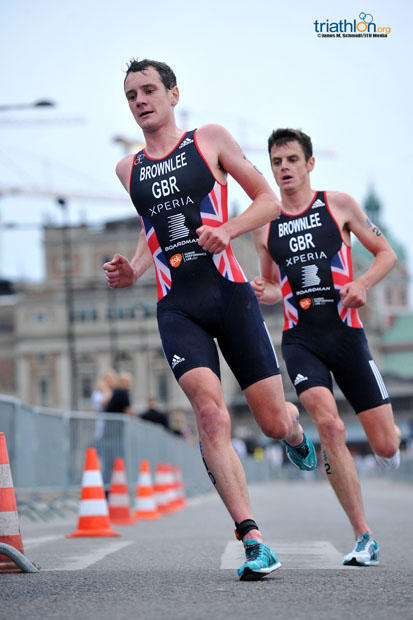
Alistair Brownlee, 28, Great Britain
4-1
Alistair Brownlee is a two-time ITU World champion and the defending Olympic and Commonwealth Games champion. Alistair has a record 21 WTS or equivalent (WCS) victories. When healthy he is well-nigh invincible. But he has been fighting injury and illness for significant spells throughout his career. For example, he had a femoral stress fracture in 2010. He had a torn Achilles tendon early in 2012 but recovered just in time for Olympic gold. Two months after the Olympics, he had his appendix out. In 2014 he fought an ankle problem and in 2015 he missed several races and finished an off-form 10th at the Rio test event.
With all his greatness, Alistair has proven to be vulnerable – except to his talented brother Jonny, who has never beaten his older brother in head to head matchups when Alistair was in good health.
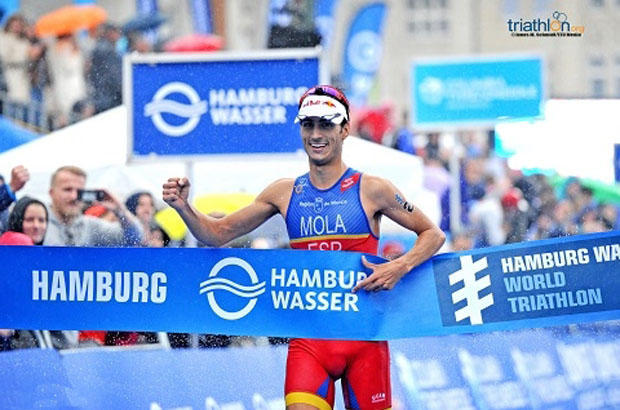
Mario Mola, 26, Spain
6-1
Ever since the WTS Grand Final in Chicago, Mario Mola has been the man to beat. His race best 28:59 run in Chicago out dueled Javier Gomez by 4 seconds, and now 2012 Olympic silver medalist Gomez is out with a broken elbow. This year Mola’s streak of WTS races has been prodigious – Abu Dhabi where he ran away from Richard Murray, Gold Coast, Yokohama with a 29:26 run, and Hamburg. The only blip – a 4th place at Cape Town.
The only reason Mola is not an overwhelming favorite is found in his performance at the Rio test event last summer where he was 37 seconds behind on the swim, lost another minute on the hilly bike leg and ran a mediocre-for-Mola 4th-best run to finish 7th, 1:11 behind Gomez, but 17 seconds and 3 places ahead of an off-form Alistair Brownlee.
In general Mola hopes to avoid a second pack swim, as he can stay with the front pack on flat bike courses and has a second-to-none run – and he thrives in the heat.
Jonathan Brownlee, 26, Great Britain
8-1
When his brother Alistair is out of action dealing with injury and illness, Jonny Brownlee is almost unbeatable himself. Note his 2012 Triathlon World Championship title, and silvers in 2011 and 2013 (where he was just 2 seconds behind Javier Gomez at the Grand Final). Jonny won the bronze medal in the Olympic triathlon at the London 2012 Olympic Games despite incurring time in the penalty box. His recent form is strong. Having recovered from his own injury issues sooner than Alistair, Jonny was 3rd at WTS Gold Coast and 2nd at Cape Town on his own against the resurgent Spaniards. Lately, he finished 2nd to Alistair at Leeds and Stockholm. With all that talent, why can’t Jonny beat his older brother once in a head to head duel?
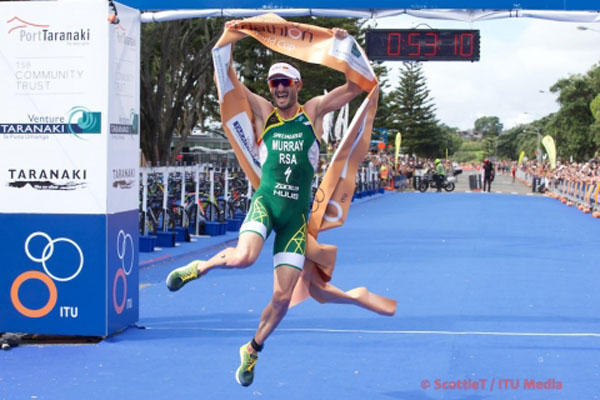
Richard Murray, 27, South Africa
12-1
Murray is one of the strongest contenders for a men’s Olympic triathlon medal. His run is one of the three best in the ITU, in the low-29 minute range. His results for 2015 include a win at WTS Edmonton and 3rd places at high quality races such as the Rio test event and the Grand Final in Chicago. He started 2016 strong with a 2nd at WTS Abu Dhabi but then ran into problems. He crashed and broke a collarbone at WTS Gold Coast in April but came back strong with a win at the Duathlon World Championship eight weeks later. Things looked even better at WTS Hamburg until disaster struck. Murray was leading until he was assessed a 10-seconds penalty for leaving his wetsuit in the wrong bin at T1. Whereupon the frustrated South African gave the finger to ITU officials on the final lap and was disqualified. Good news: passionate and fast. Bad news: lost composure.
Fernando Alarza, 25, Spain
18-1
With more renowned Spaniards Javier Gomez and Mario Mola ahead of him, the talented Alarza only has one career WTS win and 4 WTS podiums. But this year Alarza was on the verge with a 2nd at Gold Coast, just 27 seconds behind Mola and ahead of Jonny Brownlee. At the Cape Town sprint he earned his first WTS win. For the past two years, Alarza was a very good bet for a top 5 finish but showed weakness with an 11th at the Rio test event.
Pierre Le Corre, 26, France
22-1
Le Corre broke through in 2013 with an Under 23 gold at the Grand Final. By 2013 he was a solid top 10 contender on the WTS circuit with the exceptions of a 37th place at the Rio test event and 13th at the Grand Final in Chicago. This year he is peaking at the right time – 6th at WTS races in Leeds and Yokohama, a 5th at Cape Town, and a 3rd at Stockholm. Thanks to his consistency, he is 4th in the WTS standings.
Vincent Luis, 27, France
25-1
Vincent Luis looked like a sure bet for an Olympic medal after his remarkable 2015 WTS season: 2nd at Abu Dhabi, 3rd at Cape Town, 3rd at London, 2nd at the Rio test event, 4th at Edmonton, and 5th at the Grand Final in Chicago. To top it off, he won his first WTS event outsprinting Javier Gomez in Hamburg.
But Luis’ 2016 preparations for Rio are a mystery. He has no starts, no finishes in WTS or World Cup results. Reportedly struggling with an ankle problem, he recovered enough to race the June 26 sprint distance ETU European Championship and beat ITU regular Rostyslav Pevtsov by 7 seconds.
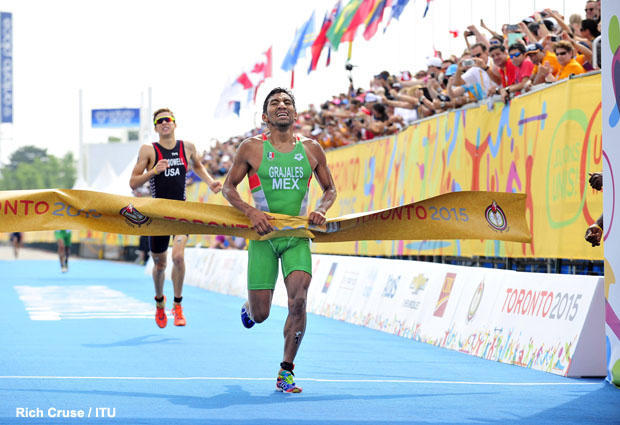
Crisanto Grajales, 29, Mexico
30-1
Grajales became a factor last year with a win at the Pan Am Games in Toronto and a surprising 4th at the Grand Final in Chicago. This year he won his first WTS medal with a 2nd place to Mario Mola at Yokohama. His run is among the best on the WTS circuit as witnessed by his 29:36 split at Yokohama – just 10 seconds back of Mola.
Ryan Bailie, 26, Australia
33-1
In 2015 Bailie’s peaks were 5th at Auckland, 4th at London and 5th at Stockholm, while his not so deep valleys were 14th at the Rio test event and 10th at the Grand Final in Chicago. Bailie had a good excuse for his off-form performance at Rio – he flipped his bike over a barrier. In 2016, he took 4th at Gold Coast, 6th at Hamburg, 8th at Abu Dhabi and 10th at Leeds.
Aaron Royle, 26, Australia
35-1
Since finishing 6th and making the Australian Olympic team at the 2015 Rio qualification event, Royle seems to be peaking at the right time as he finished 3rd behind the Brownlees at Leeds. Royle has a front pack swim and bike, but will have to improve his run if he wants a top 10 at Rio.
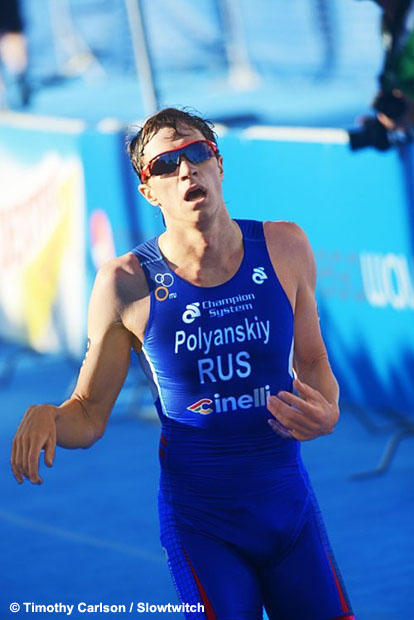
Dmitry Polyanskiy, 29, Russia
40-1
This 2009 U23 World champ was 21st at the London Olympics and had some promising results the last two years – 5th at the 2015 Rio test and 6th at the 2016 WTS Abu Dhabi event. A first pack swimmer, Polyanskiy often rides with the first pack bikers. On a tough course, he is a threat to make the top 5.
Henri Schoeman, 25, South Africa
42-1
This super swimmer often leads the pack out of the water and hangs tough on the bike before surrendering to countryman Richard Murray and all the other top runners. However, from time to time Schoeman throws off a hint of greatness. Last year at WTS Stockholm, he led the swim, hung in with the lead pack on the bike and ran 30:30 to take 4th place after Javier Gomez, Joao Pereira and Aaron Royle.
Joao Silva, 27, Portugal
44-1
Silva was 9th at the 2012 Olympics and since then posted 3rds at Yokohama and Auckland in 2013, 4th at WTS Abu Dhabi in 2015, 9th at the Rio test event, and 3rd at 2016 Abu Dhabi with a 3rd-best 31:12 run.
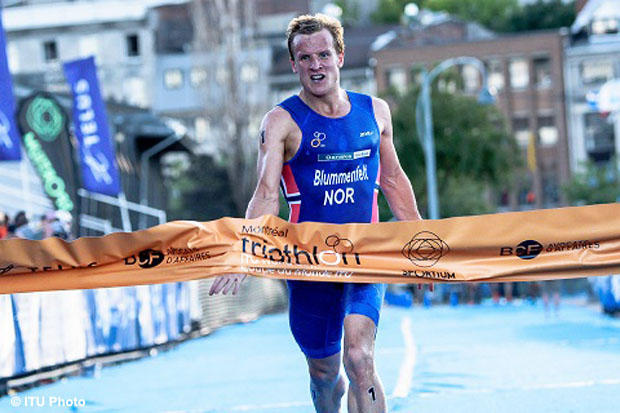
Kristian Blummenfelt, 22, Norway
45-1
This young Norwegian has made his mark with keep-in-touch swims, good power and bike handling skills, and occasionally strong runs. His discouraging races like a DNF at Leeds and 23rd at WTS Abu Dhabi are balanced by encouraging results like a win at the Montreal World Cup and a 3rd behind Mario Mola and Crisanto Grajales at WTS Yokohama, capped by a 3rd-best 29:44 run.
Ryan Sissons, 28, New Zealand
55-1
Sissons was 33rd at the 2012 Olympics and since then his highlights include a 5th at the 2014 Commonwealth Games, 5th at 2013 WCS Kitzbühel, 6th at 2014 Auckland, and 7th at 2016 WTS Abu Dhabi.
Sven Riederer, 35, Switzerland
60-1
The bronze medalist at the 2004 Olympics proved he could rise to big occasions and thrive on hard bike courses – Athens had a 20-degree uphill covered six times. Since then he has also proved to be durable. At age 35, he will be racing his 4th Olympics and won’t be coming as a tourist – he finished an impressive 8th at London. In 2015 he scored 6th places at Cape Town and Yokohama, but this year his best was 25th at Cape Town.
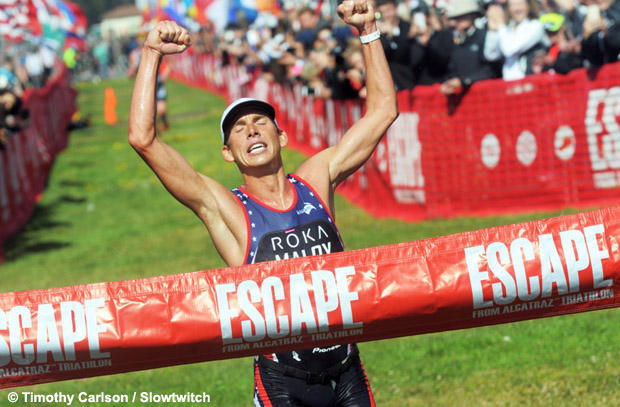
Joe Maloy, 30, USA
66-1
Maloy recently won top independent races Escape From Alcatraz and the Noosa Triathlon, the first American to win that classic in 33 years. On the WTS circuit, Maloy finished 16th and second American at the 2015 Rio test event, and did a PR 5th at the WTS Gold Coast this year.
Tyler Mislawchuk, 22, Canada
70-1
This young Canadian had career-best 10th places at WTS Abu Dhabi and 7th at WTS Hamburg. He is by all rights a long-longshot. But Barrie Shepley, who was Simon Whitfield’s coach at the 2000 Olympics, sees something more: “I could see Tyler Mislawchuk stealing a top 4-6 on the day as a very dark horse. He’s been training with Aaron Royle and Ryan Bailie and reminds me of Whitfield 16 years ago – young and getting better every week.”


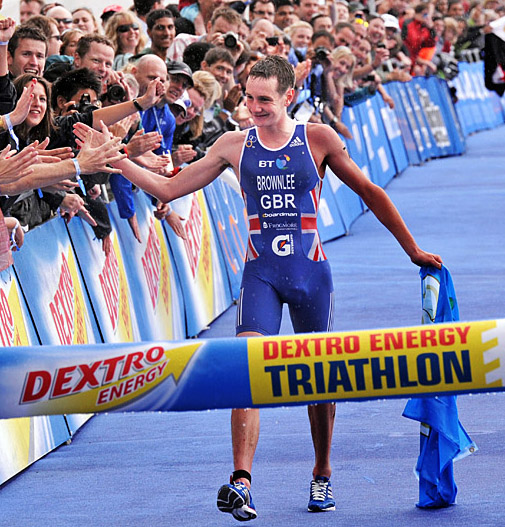
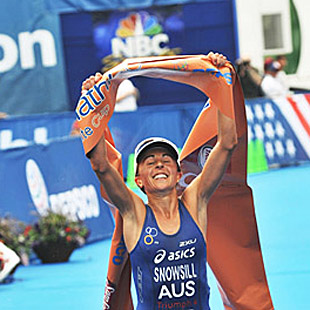
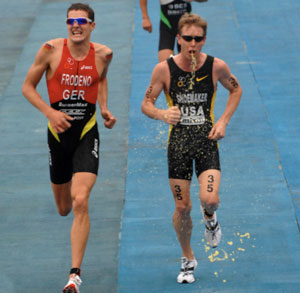
Start the discussion at slowtwitch.northend.network